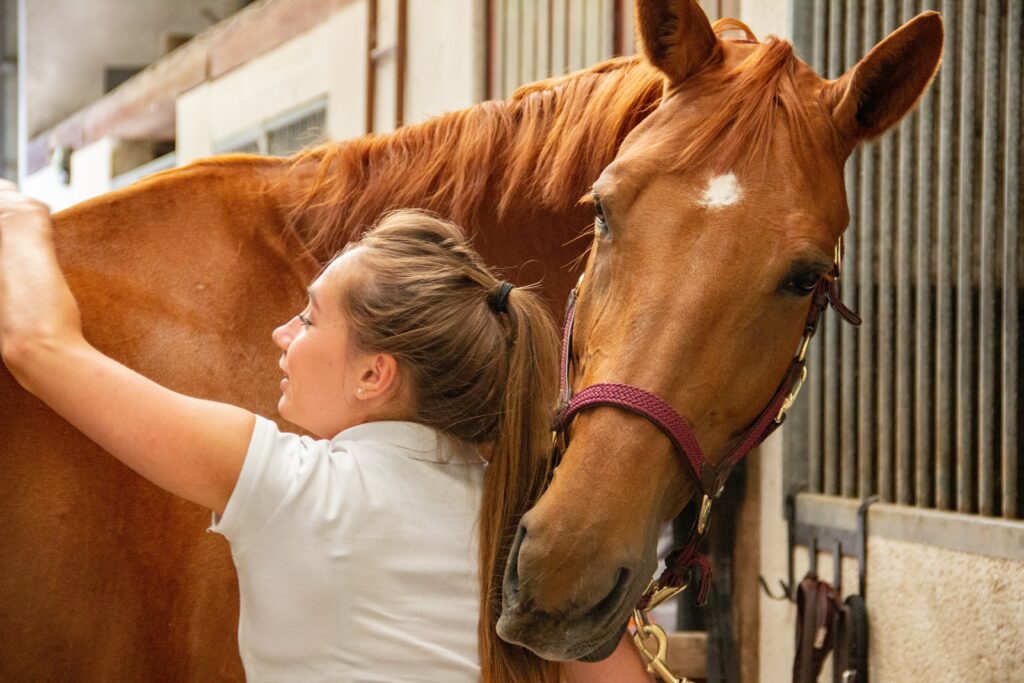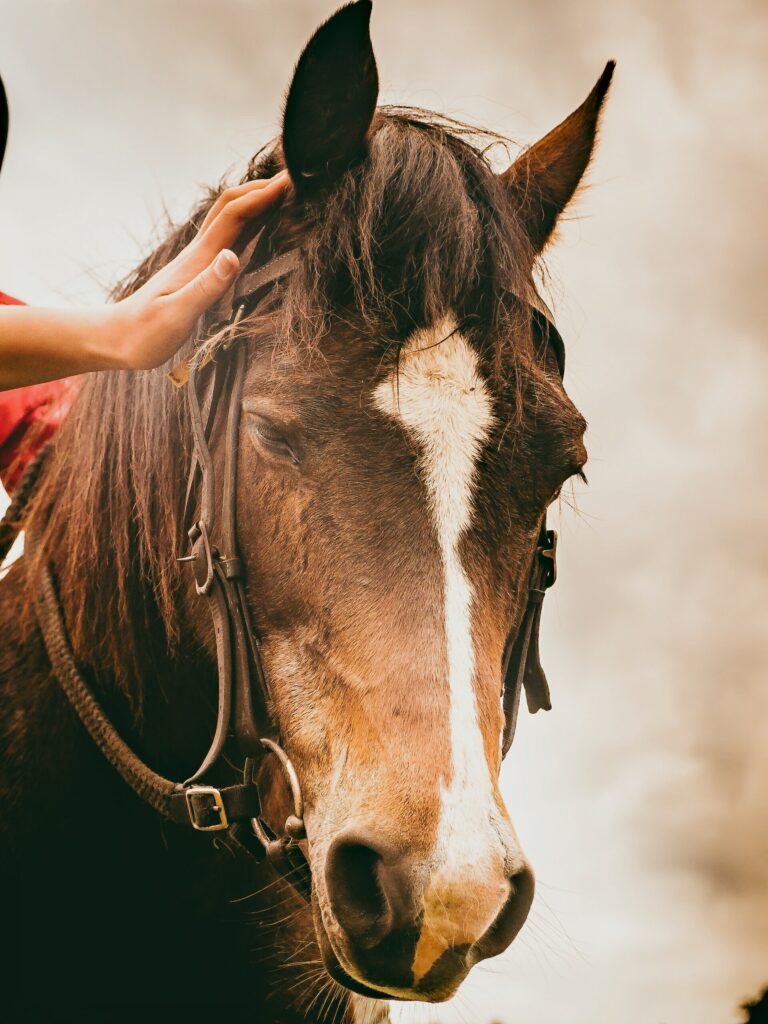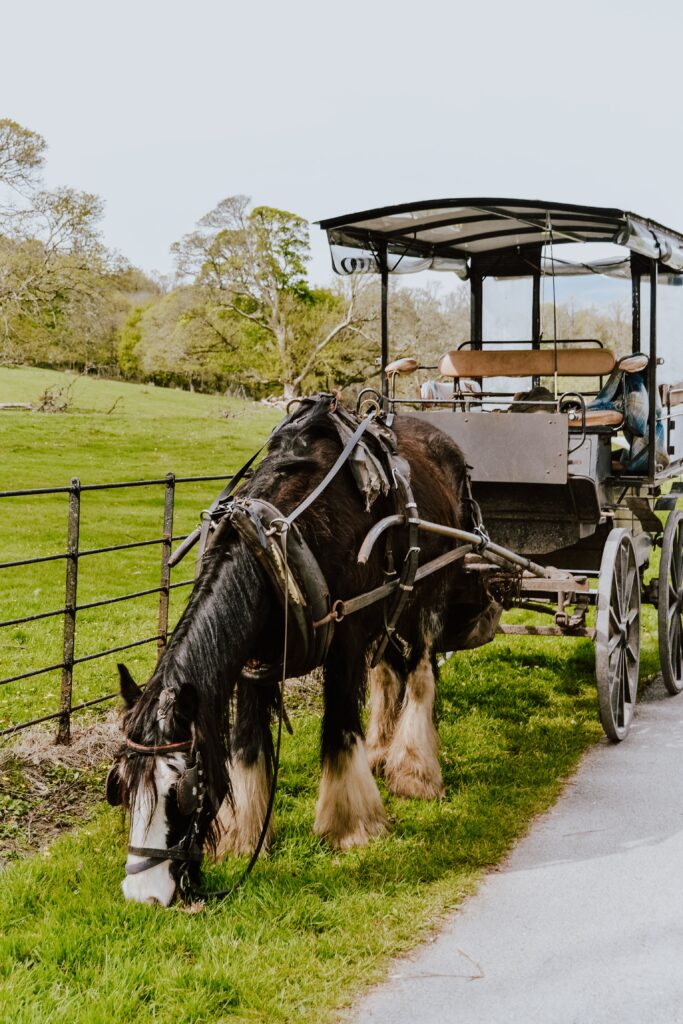Local Victoria programs aim to serve those with a variety of diverse abilities and diagnoses including but not limited to: ASD, ADHD, Cerebral Palsy, Brain Injury, Anxiety, Depression, Down Syndrome, etc. Below are the three programs offered at Victoria Therapeutic Riding Association, with some sub-categories included as well.
Stable Management

Stable management programs are offered to a variety of students under four distinct sub-programs: Beginner / Intermediate stable management, Stable Mates, Barn Buddies and Vocational Stable Management. Each program is designed to tackle different skills and goals and can be used in a progressional format, should students choose. These unmounted (no riding) programs take place in the barn to teach a variety of skills such as confidence and responsibility. Stable Management classes are $22.50/lesson. Participants sign up for a term of riding (between 6 and 9 weeks), so fees are generally between $135 and $202.50 per term. To help offer the programs in an equitable way, a variety of funding sources including Autism Funding Unit, Jumpstart, KidSport, and school funding can be applied to VTRA Programs.
Adaptive / Therapeutic Riding

Adaptive/ therapeutic riding is a mounted program that aims to help clients with riding skills, self-centered goals and social interaction. Individual goals can range from physical movement and mobility, recreational or social connections as well as progressive riding skills. Before participating, clients must undergo a medical examination for their safety, as well as that of the horses and the volunteers. Adaptive/Therapeutic Riding classes are $30/lesson. Participants sign up for a term of riding (between 6 and 9 weeks), so fees are generally between $180 and $270 per term. Similarly to stable management, there are programs available for financial aid.
Adaptable Driving

Adaptive driving offers clients a start into a fast growing sport into the world of horses. Due to possible weight, balance, fatigue, allergies, asthma, or other personal issues some students may not be able to ride the horses but this offers them chance to interact and take control of the horse. It also allows accommodation for those who need to stay in their own wheelchair. Therapeutic Driving is about imparting knowledge of safety, horses, harnessing, and driving skills to children and adults using teamwork. It takes three to five volunteers to make one driving turn out!
Luckily, Victoria Therapeutic Riding Association is able to offer a variety of programs. These programs are open to many students, of a wide range of abilities and interests. Further, each has the ability to cater to specific skills that the student may want to work on. Below, is a video that shows the adaptive driving, provided by PATH international, which stands for Professional Association of Therapeutic Horsemanship International (PATH Intl.)